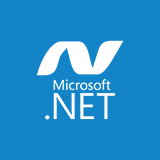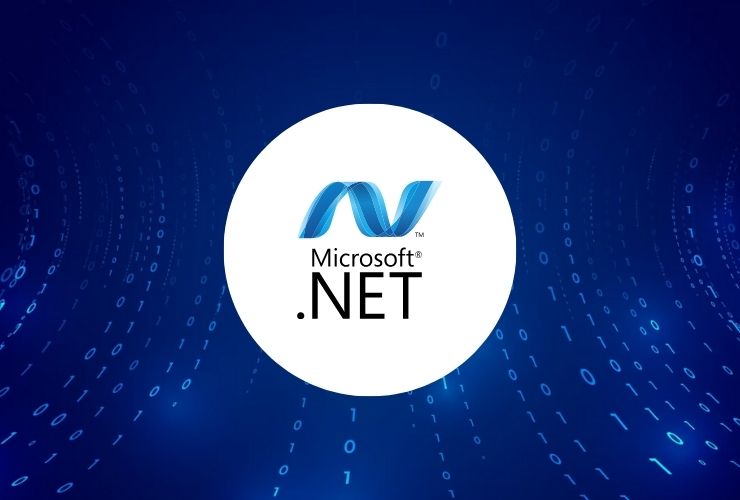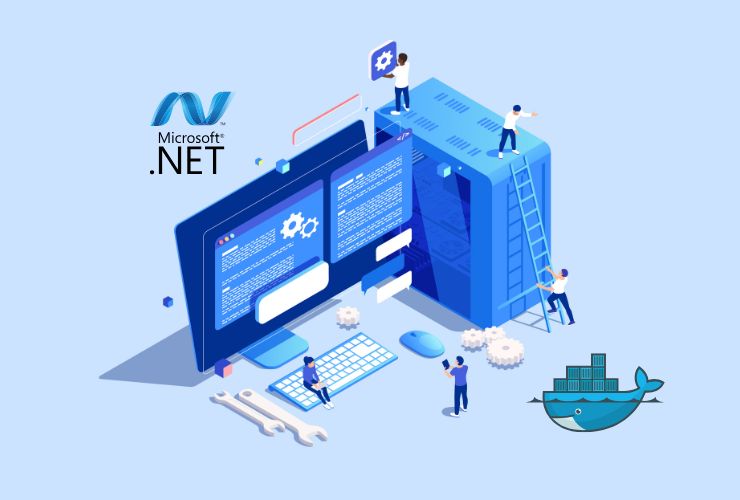Logistics and supply chain industry are constantly evolving in nature. Therefore, maintaining operational efficiency and serving customers will depend only on the platform scale. Business requirements in logistics space are non-static as they change from time to time due to fluctuations of workload, complicated management of operation, and implementation of latest technologies. Among the various stacks of technologies for building such platforms,.NET Framework by Microsoft has emerged to be the most versatile and dependable stack of technology.
In this blog post, how.NET contributes to building scalable logistics platforms and thus contributes to a business to achieve efficiency, reliability, and growth is being described.
Challenges of Modern Logistics Systems
Scalability is demanded by many of the following challenges that modern logistics systems face.
- Fluctuating Demand: Systems must handle the increase in transaction volumes due to seasonal peaks, promotions, or unexpected surges without leading to downtime.
- Complex Networks: Coordinating multiple warehouses, delivery partners, and suppliers requires seamless communication and real-time updates.
- Data Deluge: The IoT devices, tracking systems, and customer interactions generate a tremendous amount of data, which is processed by modern logistics platforms.
- Customer Expectations: Customers demand faster deliveries, live tracking, and real-time updates, which are huge challenges for logistics systems.
The technologies that can support performance, flexibility, and scalability would be needed by the business to overcome these issues.
How DotNET Supports Scalable Logistics Platforms
Performance Framework
The.NET framework, especially with.NET Core and latest versions of.NET, is optimized for maximum performance. Hence, it should be able to handle massive processing of data, which is integral to logistics, while maintaining a real-time operation.
Cross-Platform Development
With.NET, an application developed can run well on Windows, macOS, Linux, and mobile devices. This feature ensures that logistics platforms could be accessed and utilized across various environments without compatibility issues.
Microservices for Modular Scalability
In.NET, microservices architecture makes logistics systems act as a set of loosely coupled services. For example,
- Inventory Management is a different service that manages the levels of stocks
- Route Optimization is another independent service which ensures the hassle free delivery process
- Modularity helps organizations scale each component individually whenever required.
Cloud Integration through Microsoft Azure
Cloud services are being widely used by logistics companies as it supports large scale and cost effective operations. NET natively supports Microsoft Azure, hence an organization can make use of the service for following purposes
- Storing and processing large amounts of data in the cloud.
- Elastic scaling to handle peak workload surges.
- High availability with disaster recovery.
Real-Time Communication with SignalR
The SignalR library for.NET is the powerful tool which can allows real-time updates and communication. Logistics requires the following in this regard:
- Live shipment tracking
Instant notification about order status changes.
Dynamic rerouting in cases of delivery disruptions - Integration with IoT Devices
Internet of Things devices such as a GPS tracker, RFID scanner, or sensors are now being increasingly used with logistics systems.NET is easy to connect with any IoT technology to gather data in real-time or analyse it to optimize the operation. - Security and Compliance
Sensitive information is dealt with within the logistic and transportation industry. This can include financial information, personal customer data, and proprietary business data Dot Net provides
1. Built in support for encryption and sending data over a secure channel.
2. Compliance with global standards such as GDPR and HIPAA.
3. Secure authentication protocols with the help of ASP.NET Identity.
Key Use Cases of DotNET in Logistics Platforms
Fleet Management
Platform-based on.NET technologies enables logistics companies to manage their fleet in real time, optimize fuel consumption, and schedule maintenance
Supply Chain Visibility
Scalable.NET solutions offer end-to-end transparency in the supply chain ranging from suppliers to warehouses up to final delivery points.
Order Management Systems
Entrepreneurs can build advanced systems for processing orders tracking shipments and managing returnship with minimal manual interference by implementing.NET
Warehouse Automation
Warehouse management solutions run with.NET for automatic control and monitoring of stock inventory management and storage conditions and optimizing storage utilization
Predictive Analytics
Using.NET with machine learning tools, businesses can predict delays, optimize delivery routes, and manage risks proactively.
Advantages of Using.NET for Logistics Platforms
- Cost-Effective Scalability: Build once and deploy on multiple platforms without requiring a separate development team.
- Faster Development: Rich libraries and pre-built tools speed up development.
- Community Support: A large developer community ensures that there are continuous updates, bug fixes, and access to best practices.
- Flexibility: Dot NET can easily be integrated with existing systems, and smooth transitions and up-gradations.
Logistics of the Future With DotNET
The demand for technologies which support AI, machine learning, and blockchain will increase.NET is ready to adapt all these emerging technologies, hence dotnet is going to be a future-proof solution for businesses wanting to stay ahead in the game.
From predictive route optimization to automated supply chain workflows,.NET has the tools and capabilities to turn logistics operations into a competitive advantage.
Build a smarter, scalable logistics platform with .NET. Partner with experienced developers to create secure, high-performance systems that streamline operations, improve visibility, and support long-term growth.
Frequently Asked Questions
.NET is optimized for performance and can process large volumes of data while maintaining real-time operations—critical for modern logistics systems.
Its microservices architecture allows systems to operate as loosely coupled services, enabling organizations to scale individual components as needed.
Yes. Applications built with .NET can operate on Windows, macOS, Linux, and mobile devices, ensuring broad accessibility without compatibility issues.
The SignalR library allows live shipment tracking, instant order notifications, and dynamic rerouting during delivery disruptions.
Typical applications include fleet management, supply chain visibility, warehouse automation, order management, and predictive analytics.














